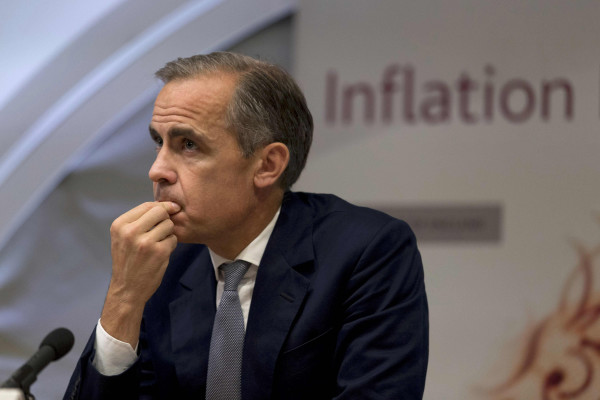

Investors need a consistent way of telling if their savings are invested in a manner consistent with achieving the net zero carbon emissions target, Mark Carney has said.
Speaking to the Treasury select committee this morning (October 15), the governor of the Bank of England said this was one of three things which would be needed to help the financial services sector prepare for the changes that will happen as society prepares for climate change.
He said: "The scale of the adjustment means all companies need to adjust and so it is not as simple, I wish it were, but it is not as simply as 'I am going to invest in only renewable energy'. The system as a whole cannot invest only in renewable energy.
"We need a way of assessing the extent to which portfolios are invested consistent with net zero.
"It is a fair question to ask whether those individuals [who are invested in pension funds] should know in a consistent way the posture of a fund and it isn't as simple as the carbon footprint of a fund, because it may make sense to invest in a company that actually is pretty brown today but intends to become beige at least if not green over the next five to seven years. That's the time you want to invest in it because it is about transition, not a point in time."
Mr Carney said his job was to make sure the system was ready for whatever changes took place as a result of climate change. And to ensure more transparency on how money is invested, he said there also needed to be better reporting from companies and a more global stress testing regime.
He also explained why he disagreed with the idea - often put forward by climate activist Greta Thunberg - that addressing climate change meant moving away from a world with unlimited economic growth.
Mr Carney said: "I'm afraid I do not agree with that point. There is carbon-light growth, there is asset-light growth.
"You just think about the nature of much of consumption, how it has shifted over time towards experiences including virtual entertainment. That's also growth.
"If you look at some of the developments in national statistics [they] are around measuring intangibles, not hard assets. So I don't think they are exclusive."
damian.fantato@ft.com




